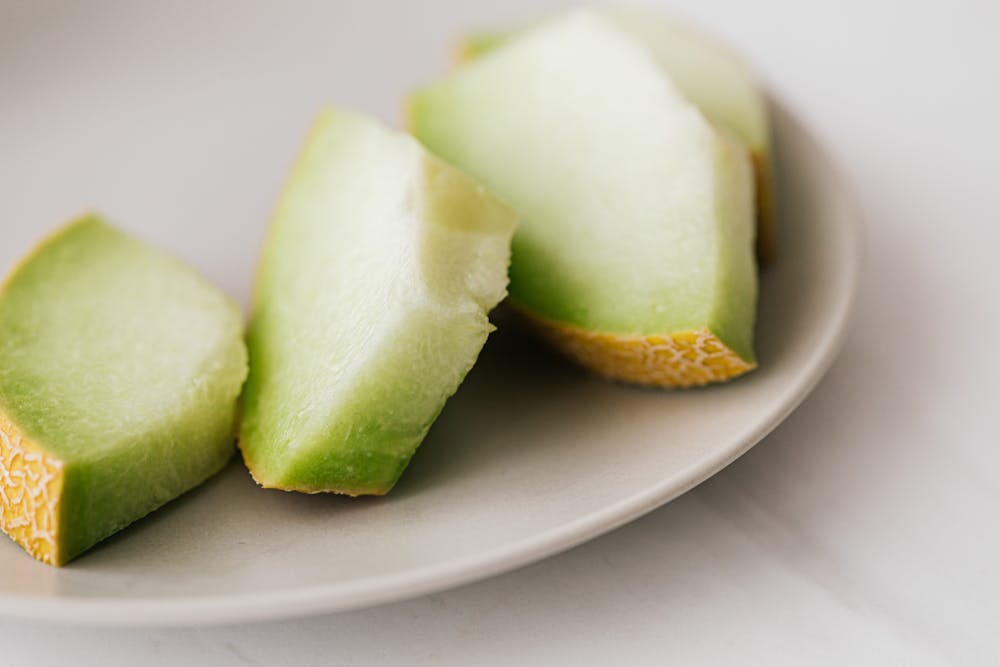As I explore the world of nutrition and wellness, one food that continually captures my attention is seaweed. Often overlooked in Western diets, seaweed is a nutrient-rich powerhouse that offers a wide array of health benefits. Join me as we delve into the wonders of seaweed and discover why it deserves a prominent place on our plates:
 **1. Rich in Essential Nutrients:**
**1. Rich in Essential Nutrients:**
Seaweed is packed with essential vitamins, minerals, and trace elements that are vital for overall health and well-being. It is particularly high in iodine, a nutrient crucial for thyroid function and metabolism. Additionally, seaweed contains significant amounts of vitamins A, C, E, and K, as well as minerals such as calcium, magnesium, and iron.
 **2. Excellent Source of Antioxidants:**
**2. Excellent Source of Antioxidants:**
Seaweed is loaded with antioxidants, including flavonoids, carotenoids, and polyphenols, which help protect cells from oxidative damage caused by free radicals. These antioxidants play a key role in reducing inflammation, supporting the immune system, and lowering the risk of chronic diseases such as heart disease and cancer.
 **3. Supports Thyroid Health:**
**3. Supports Thyroid Health:**
Due to its high iodine content, seaweed is especially beneficial for thyroid health. Iodine is essential for the production of thyroid hormones, which regulate metabolism, growth, and energy levels. Including seaweed in your diet can help ensure adequate iodine intake and support optimal thyroid function.
 **4. Promotes Digestive Health:**
**4. Promotes Digestive Health:**
Seaweed is rich in fiber, both soluble and insoluble, which supports digestive health and regularity. Fiber helps promote bowel movements, prevent constipation, and support the growth of beneficial bacteria in the gut. Seaweed also contains prebiotics, which nourish probiotics and contribute to a healthy gut microbiome.
 **5. A Sustainable Food Source:**
**5. A Sustainable Food Source:**
Seaweed cultivation is environmentally sustainable and requires minimal resources compared to traditional land-based agriculture. Seaweed farming helps improve water quality, sequester carbon dioxide, and provide habitat for marine life. Incorporating seaweed into our diets can help promote sustainability and reduce our ecological footprint.
 **Incorporating Seaweed Into Your Diet:**
**Incorporating Seaweed Into Your Diet:**
Incorporating seaweed into your diet is easy and versatile. Here are a few simple ways to enjoy the health benefits of seaweed:
 – Add dried seaweed flakes or nori strips to soups, salads, or stir-fries for a nutritious boost of flavor and texture.
– Add dried seaweed flakes or nori strips to soups, salads, or stir-fries for a nutritious boost of flavor and texture.
– Enjoy sushi rolls filled with seaweed, rice, and vegetables for a delicious and satisfying meal.
– Snack on roasted seaweed snacks, which are crispy and flavorful, and make a nutritious alternative to traditional chips.
– Incorporate powdered seaweed into dips, dressings, or sauces for added umami flavor and nutritional value.
– Experiment with seaweed-based dishes from diverse culinary traditions, such as Korean seaweed soup or Japanese seaweed salad.
 As I continue to explore the health benefits of seaweed, I am continually impressed by its nutritional density, sustainability, and culinary versatility. By incorporating this nutrient-rich sea vegetable into our diets, we can nourish our bodies, support our health, and contribute to a more sustainable food system.
As I continue to explore the health benefits of seaweed, I am continually impressed by its nutritional density, sustainability, and culinary versatility. By incorporating this nutrient-rich sea vegetable into our diets, we can nourish our bodies, support our health, and contribute to a more sustainable food system.




